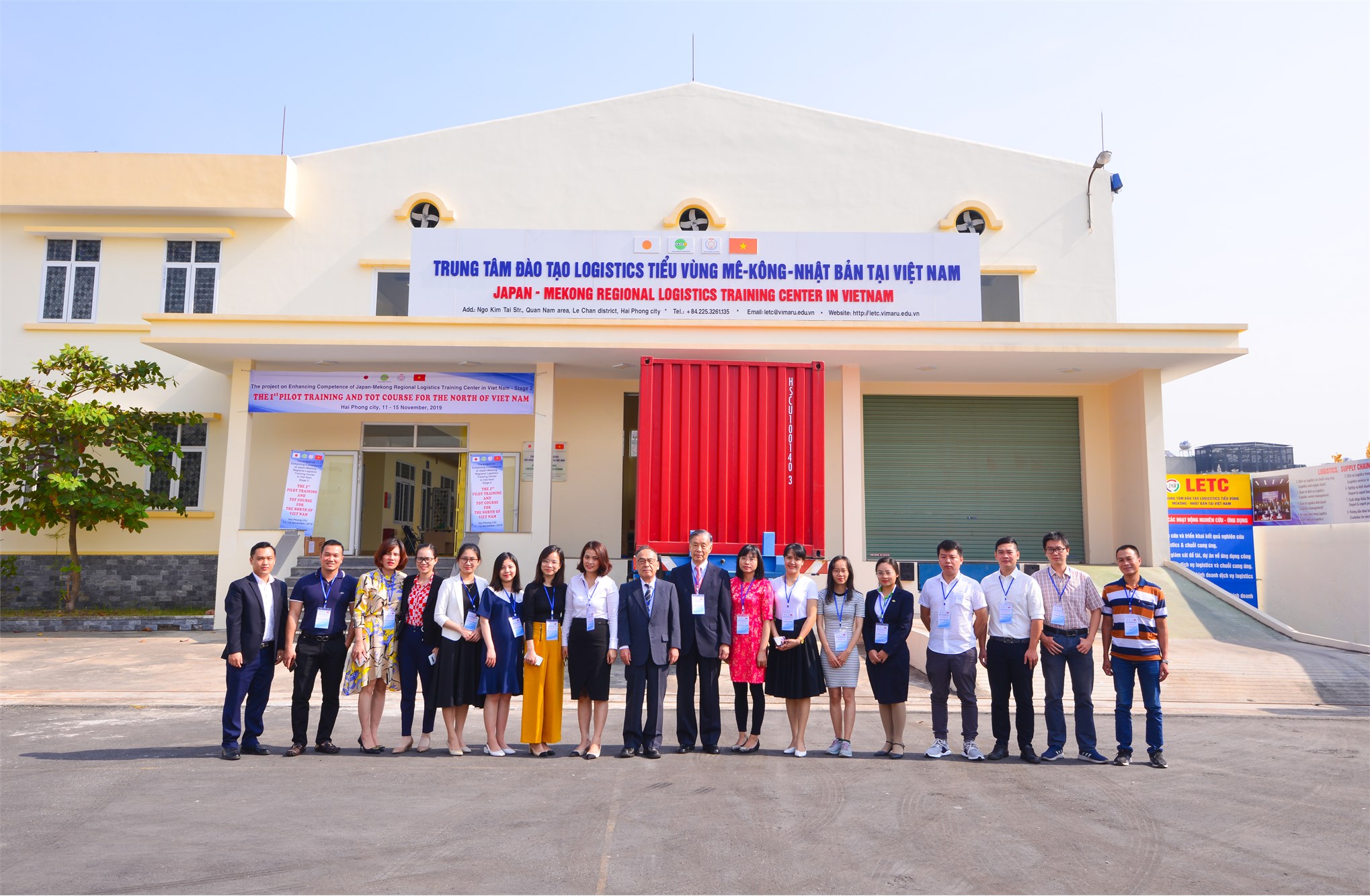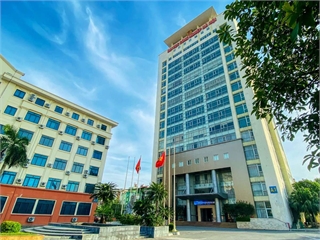A Bright Future in Logistics and Supply Chain Management

1. Overview
Logistics and Supply Chain Management is the field of research, development and management of freight services around the world, aiming to develop strategies to help organizations operate more efficiently and bring value to consumers. This is a discipline with reference to a series of activities including planning, implementing and controlling the movement of goods, controlling the source of raw materials (inputs) and final products (outputs) from the point of origin to the point of consumption.
According to The action plan for improvement of competitiveness and development of Vietnam's logistics services, by 2025, Vietnam strives for the goal that the proportion of the logistics sector in GDP will reach 8-10%, the service growth will reach 15-20%, the proportion of outsourcing logistics services will reach 50-60%, logistics costs will reduce equivalently to 16-20% of GDP, ranking 50 or above across the world according to the Logistics performance index (LPI). Therefore, in order to achieve the goal of turning Vietnam into a regional logistics hub, it is vital to focus on training human resources for the Logistics and Supply chain management industry.
 Logistics model in the world
Logistics model in the world
According to the forecast of the Vietnam Logistics Business Association (VLA), by 2030, the demand for professional human resources for the Logistics and Supply chain management industry is 200,000 personnel. In addition, according to the Vietnam logistics report 2018 of the Ministry of Industry and Trade: if including the demand for logistics human resources at all levels in logistics enterprises and logistics human resources from manufacturing enterprises, the demand for logistics human resources may increase to 2.2 million people by 2030.
However, the scale of formal logistics human resource training currently in Vietnam can be estimated as follows: (1). The number of people trained in Logistics is 10,003 people; (2). The number of students graduating from universities and colleges in 2018 was 1090 people. Therefore, it can be seen that well-trained human resources for logistics services are in serious shortage.
The Faculty of Business Management has a team of qualified, experienced and dedicated staff and lecturers who are always dedicated to accompanying students
The bachelor's training program in Logistics and Supply chain management of Hanoi University of Industry is well-structured with a variety of participants such as experienced lecturers, business leaders, leaders of the Import-Export Agency - Ministry of Industry and Trade,… will contribute to solving the shortage of human resources in both quantity and quality for the Logistics industry and meet the practical needs of businesses.
2. Training program
The training program is built according to the international standard CDIO model (in the direction of developing competencies for learners: Conceive - Design - Implement and Operate, while focusing on the specific conditions of the Vietnamese economy, promoting and creating the most favorable conditions for learners both in terms of knowledge acquisition and opportunities for practical experience.
Therefore, students studying Logistics and Supply chain management at Hanoi University of Industry will be fully equipped with in-depth knowledge, skills and professional qualities in logistics and supply chain management such as distribution system management, freight forwarding, construction - management of systems of warehouses and goods connection points, modes of transport such as road, rail, sea, complementary knowledge of marketing, international finance, production management, quality management,...
 Lecturers of the Faculty of Business Management participate in training - exchange expertise with Japanese experts in the field of Logistics and Supply Chain Management
Lecturers of the Faculty of Business Management participate in training - exchange expertise with Japanese experts in the field of Logistics and Supply Chain Management
After graduation, students will have the ability to analyze, forecast, strategize, plan, design, operate, evaluate performance, and improve logistics service operations and supply chain management. Besides, they will have the ability to work independently, self-study, create and innovate and have good communication skills and teamwork that meet the practical requirements of employers and international integration.
3. Job opportunities
Right after graduation, a bachelor of Logistics and Supply chain management can take on many different job positions such as Analyst, Demand planner, Production planner, Material purchasing officer, Transportation, storage, & distribution managers; Supply chain analyst, Sales staff, Transport management staff, Merchandise manager, Import-Export salesman, etc.
 A bachelor of Logistics and Supply Chain Management can take on a variety of employment positions
A bachelor of Logistics and Supply Chain Management can take on a variety of employment positions
After a period of gaining experience, a bachelor of Logistics and Supply chain management can develop enough capacity to join the management team such as Supply manager, Logistic manager, Project manager, On-chain information administrator, Production manager, Transportation director, Regional manager, Analyst of optimization solutions in manufacturing and services, Designer of enterprise resource planning system, Quality assurance analyst, etc.
-
Friday, 15:37 30/07/2021







